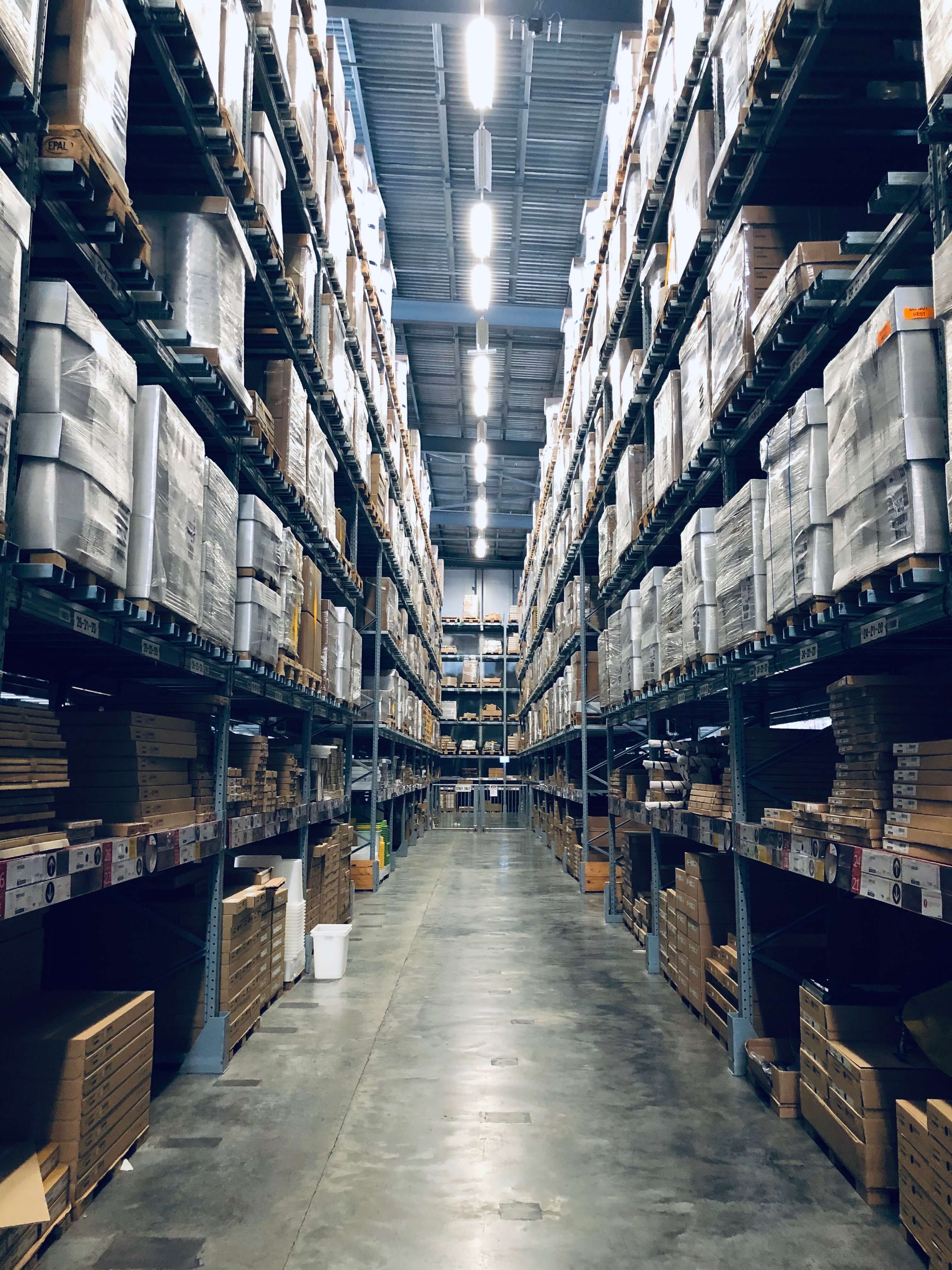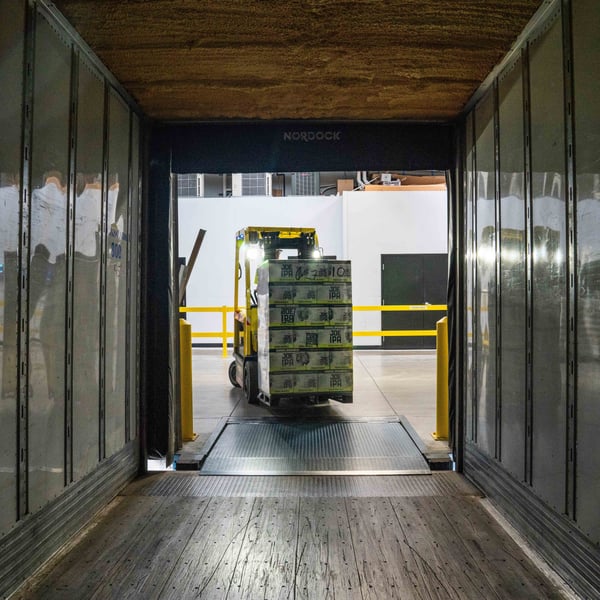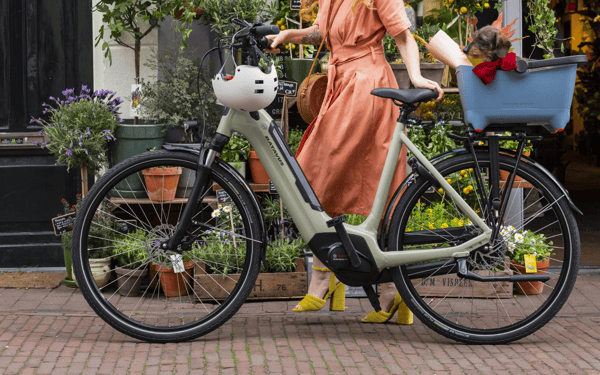In the world of e-commerce, things are constantly changing. New headless CMS, recommendation engines based on artificial intelligence and marketing automation that make it possible to send unique offers on an almost individual level are just a few examples. The change is constant. However, one thing that does not seem to change is logistic flows. Sure, there are new upcoming technologies, for example in the form of robotic warehouses and more automated packing stations, but one thing almost always seems to remain; the central warehouse.
Almost all B2C actors work in the same way with these kinds of hubs, the heart of logistics, from which all transport must take place. This solution suits many, but far from all. Many players have an extensive store system that can act as delivery hubs around the country. Just look at the construction trade, where proximity and accessibility are of utmost importance to local builders. They simply don't have time to wait two days for delivery from a warehouse 40 miles away. At the same time, these builders are used to shopping online privately, so they want to see if the stuff they need is in stock in their nearest store before they go there.
If, as a builders' dealer, you can offer the products that the builder needs, and make sure that they are already packed up and ready for pick up, then that is a service that saves a great amount of time for the builder. As a private consumer, you may of course have the same needs, but there it may be more important to know which shelf the products are located on so that you can easily find them when you get to the sometimes huge hardware store.
Another common scenario is that you have several warehouses scattered around the world. Perhaps you are a Swedish B2B player with your main warehouse in Sweden. Here you have your complete range and can ship it all around the world, even if your main market is the Nordic countries. At the same time, you have a smaller warehouse in Germany that ships to the rest of Europe, which only holds the most requested products. In this case, it is important to communicate the correct delivery promises to the customer at every given opportunity. If a German customer orders a certain product that is not available in the local warehouse at the moment, the customer must be made aware that the lead times will be longer when the item is sent from Sweden.
Finally, there is a scenario that is not so common but can be quite important in some B2B contexts. That is the undertaking to stock certain products for a specific customer. These goods can be packaged in a certain way according to the customer's wishes. Most often, this means that you have certain shelves in your main warehouse that are reserved for the customer in question, and once the customer places an order, the products are collected from there. Thus, the customer can be guaranteed access even if the products are out of regular stock.
A single central warehouse is therefore not the only option if you want to work with e-commerce. Feel free to check with us at Norce how we can help you take advantage of multiple warehouses for your online business.



